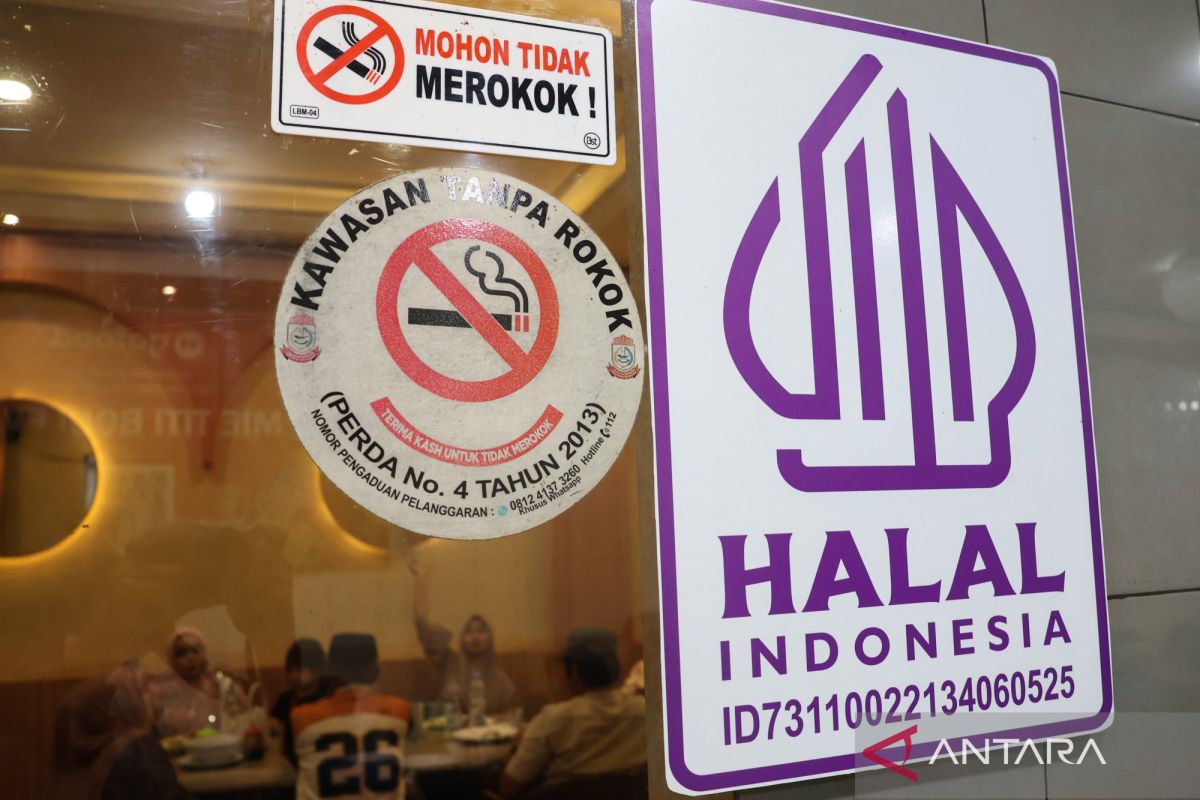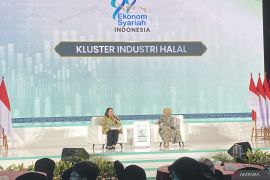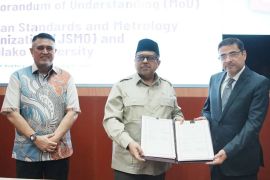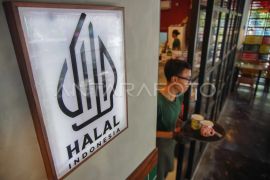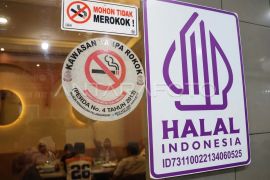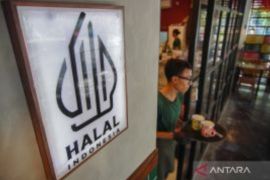Muhammad Aqil Irham, Secretary General of the Halal Product Assurance Agency (BPJPH), highlighted that halal food not only fulfills legal certification requirements but also represents Indonesia’s rich culinary heritage.
“Halal cuisine is a symbol of quality, integrity, and national identity when prepared under halal product assurance principles,” Aqil said.
He emphasized the strategic role of halal food in strengthening Indonesia’s national halal ecosystem, given its direct interaction with the broader public.
Halal certification goes beyond formal labeling, serving as a quality guarantee, consumer protection, and a driver for enhancing the competitiveness of Indonesian products.
“The wider the awareness among businesses and consumers about halal certification, the stronger Indonesia’s position in the global halal value chain,” Aqil added.
The official also pointed to the upcoming mandatory halal certification phase, set for October 2026, under Law No. 33/2014 on Halal Product Assurance and Government Regulation No. 42/2024.
This rollout aims to accelerate halal certification across industries, making halal a core characteristic of Indonesian production culture.
“With mandatory halal certification in 2026, halal will become a defining trait of our nation’s production identity,” Aqil said.
Indonesia is the world’s largest Muslim-majority country, and its growing halal food industry plays a vital role in both domestic consumer markets and export potential.
Related news: BI promotes halal food and fashion through IKRA program
Related news: Indonesia's halal industry hinges on three sectors: Industry Ministry
Translator: Arnidhya Nur Zhafira, Asri Mayang Sari
Editor: Rahmad Nasution
Copyright © ANTARA 2025
